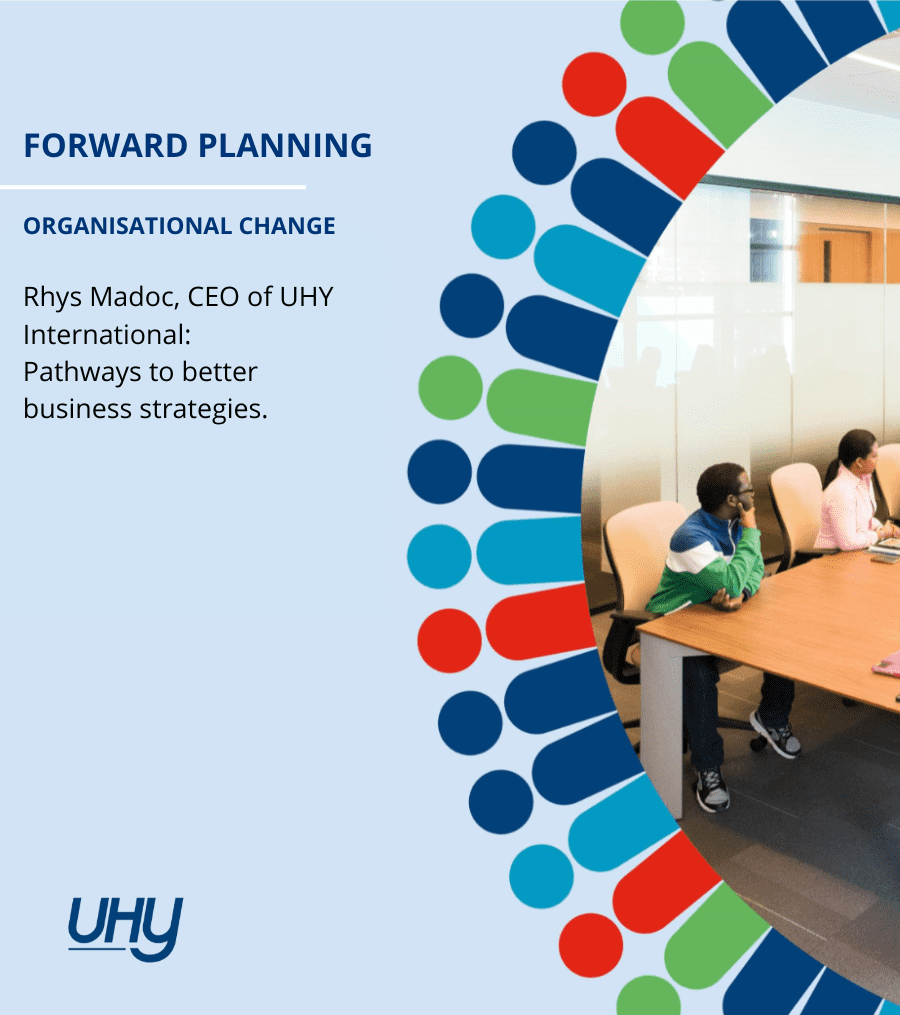The accurate choice of a methodology and a framework for sustainable reporting adapted to the needs of your organisation is crucial for an effective communication with stakeholders.
The increasing tendency to report on issues of social, environmental and economic impact of organisations forces them to determine the tools and methodologies that best serve their purposes and satisfaction of the particular needs of their different stakeholders. A sustainable reporting framework is a tool, usually designed by an organisation for altruistic purposes, with the purpose of helping companies to prepare their non-financial reporting or sustainability reports, thus promoting progress towards greater corporate responsibility. Sustainable Reporting frameworks indicate the type of information to be published, the content structure, and the order to present the information of a company.
One of the greater advantages that these sustainable reporting frameworks offers, both to the party that publishes the information and to the stakeholders, is the consistency in the content, creating in turn homogeneity and comparability between the sustainability reports. So much, that the use of these sustainability reporting frameworks is mandatory for all those companies affected by Law 11/2018 on non-financial reporting and diversity.
The reporting of non-financial information is a field that is continually changing and developing. This evolution is a natural response to the increasingly demanding requirements of stakeholders such as investors, governments, supranational and non-governmental organisations, regulators and, of course, consumers. Although all methodologies and sustainability reporting frameworks share a common objective, each one of them has its own characteristics and distinctions, which must be studied when choosing the most convenient one for our company.
The most important sustainability reporting frameworks
- Global Reporting Initiative (GRI)
The GRI is probably the most widely adopted sustainability reporting framework for publishing CSR reports. GRI standards are organised in a modular and interrelated way and are designed to help organisations and companies communicate their impacts on the economy, the environment and society. This provides different stakeholders with information on the contributions, positive or negative, that different entities make towards sustainable development. The standards on which this reporting framework is based are constantly being updated and expanded to align with best practice.
- Integrated Reporting – IR
The IR, created in 2010 by the Integrated Reporting Council IIRC, seeks to be a point of union and promote a change, in the more traditional “reporting”, towards a more innovative direction with an integrated thinking perspective that serves to expose and explain the process of value generation in an organization and satisfying meanwhile the needs of stakeholders with special attention to capital providers. The basis of the “International Integrated Reporting Framework” is the collection of the different principles which can be found in different types of reporting (financial and non-financial), that is why it is perfect for companies whose interest is to narrate the creation of value in the short, medium and long term based on six capitals: financial, social organizational, intellectual, human and natural
- Sustainability Accounting Standards Board (SASB)
The use of SASB mainly focuses on reporting to a specific stakeholder, the investors. By selecting industry-specific indicators, SASB can focus only on information that can be financially material at the company level. Therefore, this reporting framework focuses on a limited number of aspects within an industry, which in turn are highly quantitative, with the aim that investors can generate useful data and analyse the performance of different companies in the simplest and most convenient way. Apart from using it as an external tool, companies can also use the indicators, internally generated, to help them identify material financial risks and even to draw up their CSR plan.
Differences and integration of the different sustainability reporting frameworks
When understanding the fundamental differences between the different sustainability reporting frameworks mentioned above, it is useful to look at how each one defines the concept of materiality. GRI and SASB complement each other in this sense. GRI takes a more focused view of the external impacts of the company, in other words, how its activity affects everything around it. Materiality, for SASB, has more to do with how certain sustainability actions of a company affect its own financial health and the efficiency of its operations, which forms a vision primarily aimed at its internal processes.
The IIRC considers elements of the company as material or non-material, depending on their capability to affect the company’s ability to create value in the short, medium and long term. It is worth mentioning that sometimes the combined use of more than one sustainability reporting framework may be appropriate. The combination of the GRI and SASB frameworks is particularly common because of their complementary nature. In fact, both entities have announced a collaboration to highlight and explain the advantages and different ways of using these two initiatives in the same report.
Beyond the characteristics of each framework, what they all offer is a structure and a reference that will help us when it comes to maintaining the consistency, order and legibility of our reports, thus creating trust and meeting the needs of our stakeholders.
 Darío Vidaurre Puente
Darío Vidaurre Puente
dvp@uhy-fay.com
Sustainability and CSR Consultant
Related services:
- Non-Financial Information Law
- Verification of non-financial reporting statements
- Corporate Social Responsibility
- Compliance





